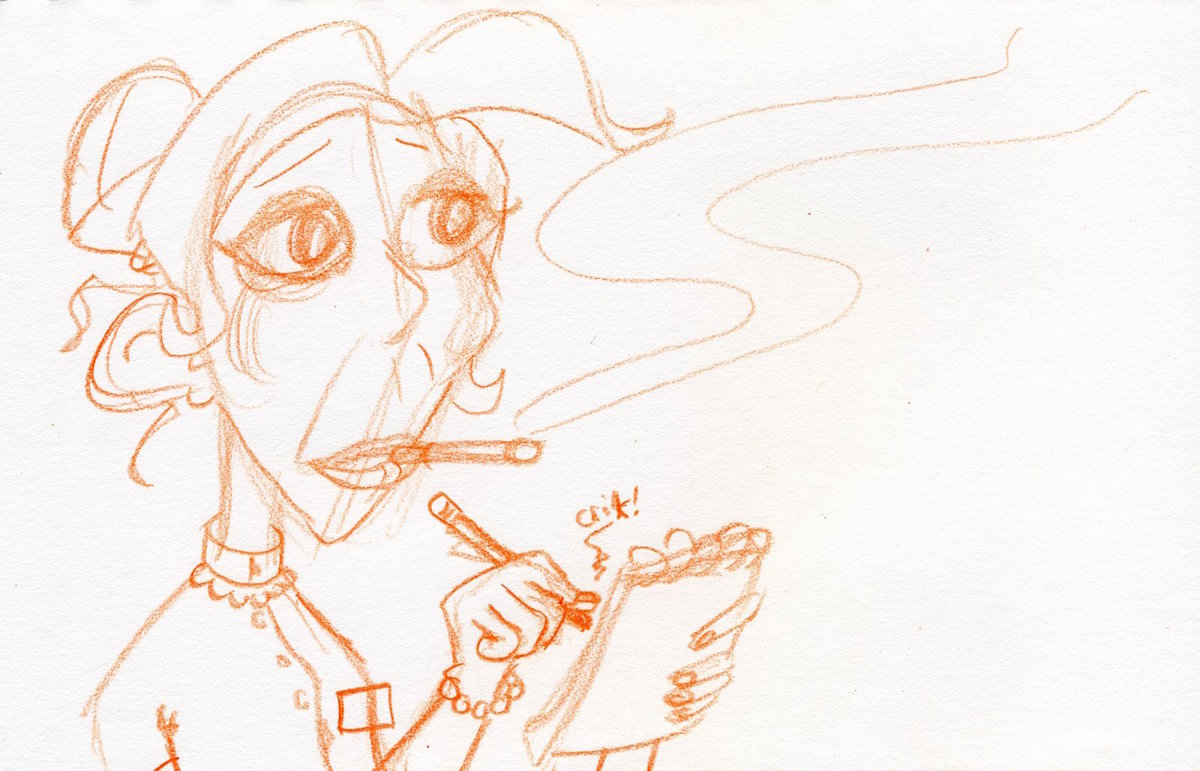
Best New Poems --- 2015
50 Poems from Emerging Writers
Tracy K. Smith, Editor
(University of Virginia Press)

This Smith is apparently somewhat of the abstract-expressionist school poet lover. Many of the fifty poems here rise well over my mid-Western show-me mind-set. Lines like,This is not to say that it is all mediated confusion in all fifty of the poems here. Some manage nicely to grab the logical narrative. For instance, Tiana Clark's poignant memory of her mother, catching so much of the lives of so many of the minimum-wage kin in so few words:
- "When all the other trees are bare
the red tree grows.
The fire of a thousand parrots
cannot overcome its courage . . . "Or,
- "Sweeter than antifreeze. I am
full of your seed.
I must have been about 24.
Nobody told me to call the crows Sugar."Or,
- "Did these mountains / too / grow
deep and fat from a pebble planted in the water / shadows
rising over the city / Another ocean
fills my mouth / . . . "Or,
"Air splinters. Like a Medusa head
the capstan glowers.
Geography is spent.
Line them up. Line them up."My single mother would take those big,
boxy shoes off, unhook her bra
(too tired to take it all the way off)
and eat the leftover pizza
I had ordered for dinner.
Television shadows flickered
her exhausted frame, smell
of other people's food on her skin,
crumpled ones, fives and tens
fanned out of her server book.Or Lisa Doral's lovely image, juxtaposed between the cars, the fire, the "cornfields idle,"
Like the eggs
Of monkfish, emerging
a million at a time, knitted
into a gauzy shroud,
forty feet long, buoyant,
built for dispersal --- the veil
between us and them,
thin . . .Or Clare Paniccia's bitterly charming yarn of her tom-boy need to compete with the gang,
I wish I had avoided
the gravel lot, the forest of weeds circling
around rusted fence, the boys daring us
to squat and pee onto church bulletins --- And didn't
everyone else run away but me, crouched down
convincing myself that this would make some
difference . . .§ § § Editor Smith, in his introduction, indicates that he sees poetry as being the stuff of hope, making "the realities of 21st century life even just momentarily bearable;" and then goes on to list a half-a-dozen admittedly sordid aspects of modern American life: failure of hope, arrogant nationalism, murder, rape, and "the way that joy can cripple us . . . "
As admirable as the need to dispel the world's misery through verse, I suspect it is a heavy load to stack atop a hundred pages of end-stopped lines. Poems can be a comfort, but to many of us, they are best when linked with a clear and precise picture of the source of faith --- as well as the roots of misery.
Which is saying that the best of the "Best" might well be the poetry that joins sharp images with an elegant vision of the source of these terrors, in this our world, locked in the early decades of the 21st century.
--- Lolita Lark